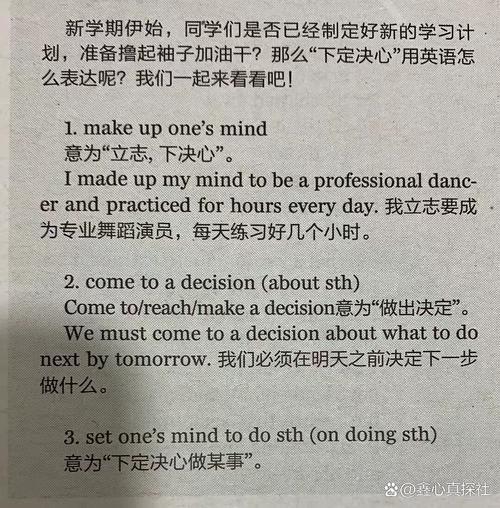
When to Worry About a Mosquito Bite
Have you ever been bitten by a mosquito and wondered if it’s something to worry about? Mosquito bites are common, but not all bites require immediate concern. In this article, we’ll explore the various factors to consider when determining when to worry about a mosquito bite.
Understanding the Mosquito Bite
Mosquito bites are caused by female mosquitoes, which feed on the blood of humans and animals to obtain the nutrients needed to produce eggs. When a mosquito bites, it injects its saliva into the skin, which can cause an allergic reaction in some individuals.

The bite typically results in a small, red bump that may be itchy or painful. In most cases, these symptoms are mild and will resolve on their own within a few days. However, there are certain situations where a mosquito bite may indicate a more serious concern.
Common Symptoms of a Mosquito Bite
Here are some common symptoms of a mosquito bite that are usually not a cause for concern:
-
Small, red bump or welt on the skin
-
Itching or mild pain at the bite site

-
Swelling around the bite site
-
Redness around the bite site
When to Worry About a Mosquito Bite
While most mosquito bites are harmless, there are certain situations where you should seek medical attention:
1. Severe Allergic Reaction
Some individuals may have a severe allergic reaction to mosquito bites, known as anaphylaxis. Symptoms of anaphylaxis include:
-
Swelling of the throat or tongue
-
Difficulties breathing
-
Severe itching or hives
-
Lightheadedness or fainting
If you or someone you know experiences these symptoms after a mosquito bite, seek emergency medical attention immediately.
2. Unusual Symptoms
Some mosquito bites may cause unusual symptoms, such as:
-
Large, painful swellings
-
Discharge from the bite site
-
Redness or warmth around the bite site
-
Swelling that spreads beyond the bite site
If you notice any of these symptoms, it’s best to consult a healthcare professional to rule out any complications.
3. Travel-Related Concerns
Travelers to certain regions may be at a higher risk of contracting diseases transmitted by mosquitoes, such as malaria, dengue fever, chikungunya, or Zika virus. If you’ve been to a region where these diseases are prevalent and experience symptoms such as fever, headache, joint pain, or rash after a mosquito bite, seek medical attention promptly.
4. Prolonged Symptoms
Most mosquito bites resolve within a few days. If your symptoms persist for more than a week, or if you notice any changes in your health, it’s important to consult a healthcare professional.
Preventing Mosquito Bites
Preventing mosquito bites is the best way to avoid potential complications. Here are some tips to help you protect yourself:
-
Wear long-sleeved shirts and pants, especially during peak mosquito activity times (dawn and dusk)
-
Use insect repellents containing DEET, picaridin, IR3535, oil of lemon eucalyptus, or para-menthane-diol
-
Remove standing water from your property, as it can serve as a breeding ground for mosquitoes
-
Install or repair window and door screens to prevent mosquitoes from entering your home
By being aware of the symptoms and taking preventive measures, you can minimize your risk of complications from a mosquito bite.





